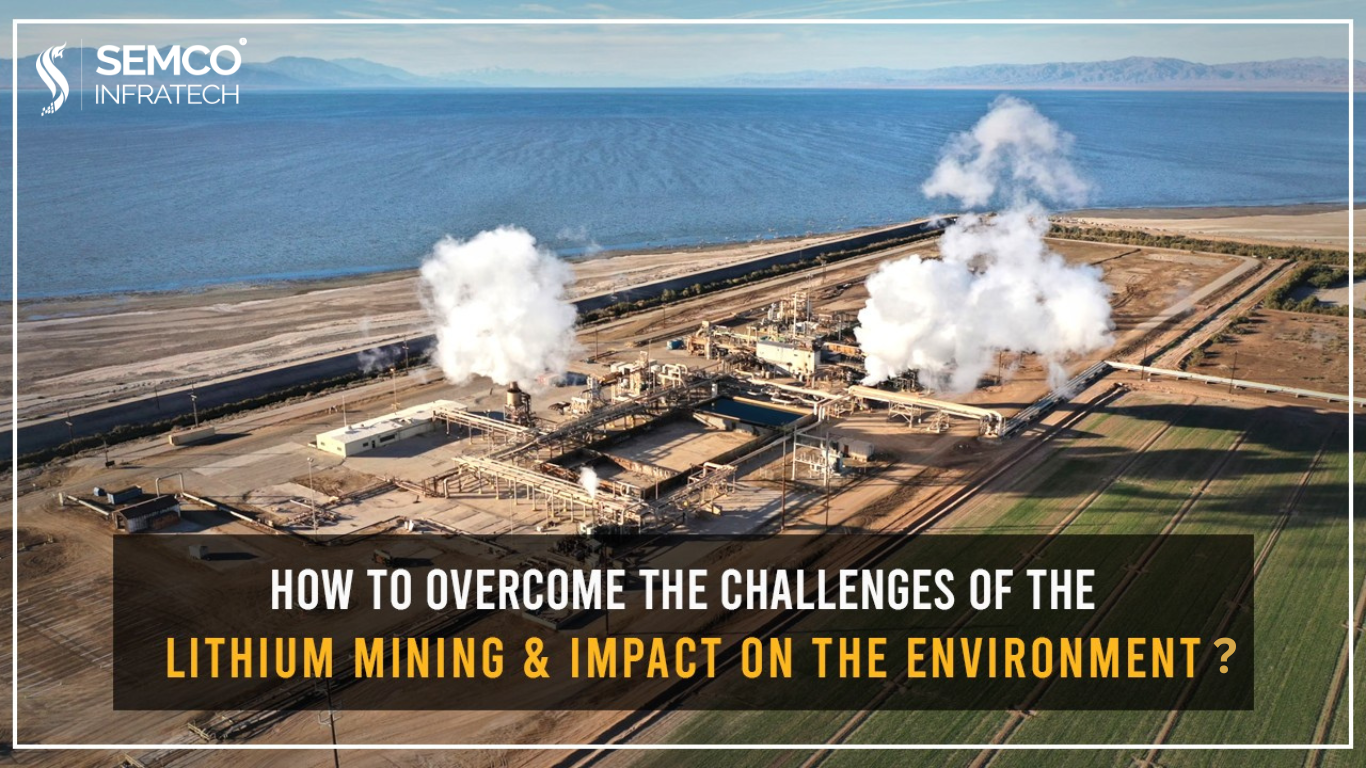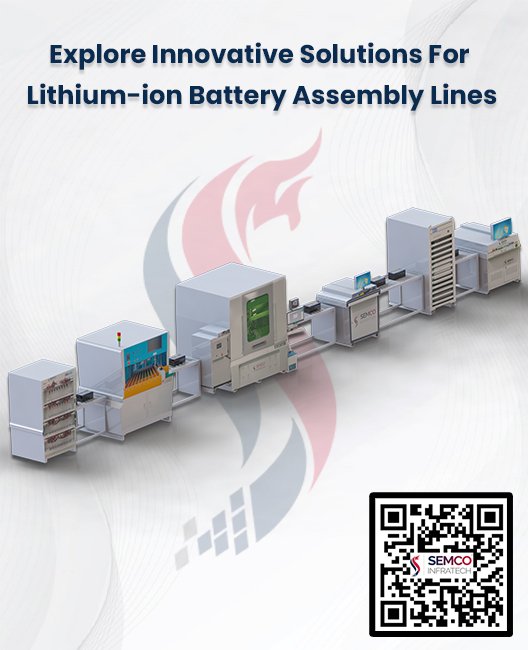As the global demand for electric vehicles and renewable energy storage surges, lithium mining has become pivotal in powering the green energy revolution. However, this surge brings forth significant environmental challenges that necessitate immediate attention.
Environmental Impacts of Lithium Mining
- Water Usage and Contamination
Lithium extraction is notably water-intensive, especially in arid regions. Traditional evaporation methods consume approximately 1.9 million liters of water per metric ton of lithium, primarily sourced from undrinkable brine. In contrast, chemical extraction methods require significant freshwater, potentially impacting local water supplies. This extensive water usage can lead to groundwater depletion and contamination, adversely affecting local communities and ecosystems.
- Carbon Emissions
The energy-intensive nature of lithium extraction contributes to substantial greenhouse gas emissions. For instance, hard rock mining methods, such as those employed in Australia and China, involve open-pit mining and roasting using fossil fuels, leading to significant carbon emissions.
- Land Degradation and Habitat Destruction
Open-pit mining practices result in significant land degradation, leading to the destruction of natural habitats and ecosystems. Removing vegetation can cause soil erosion and biodiversity loss, disrupting local wildlife and plant species.
Strategies for Sustainable Lithium Mining
To mitigate these environmental challenges, the following sustainable strategies can be implemented:
- Adoption of Sustainable Mining Practices
Implementing sustainable mining practices can significantly reduce the environmental footprint of lithium extraction. This includes utilizing renewable energy sources for mining operations, adopting closed-loop water systems to minimize water usage, and employing advanced technologies to reduce emissions.
- Development of Low-Carbon Extraction Methods
Innovations such as direct lithium extraction in deep geothermal plants offer a low-carbon alternative to traditional methods. This approach not only reduces greenhouse gas emissions but also provides a sustainable source of lithium, making geothermal plants cost-competitive in energy systems.
- Recycling and Reuse of Lithium-Ion Batteries
Promoting the recycling and reuse of lithium-ion batteries can alleviate the demand for new lithium mining. Effective recycling processes can recover valuable materials, reducing the need for virgin resource extraction and minimizing environmental impacts.
Conclusion
While lithium mining is essential for advancing clean energy technologies, it is imperative to address its environmental challenges through sustainable practices. By adopting innovative extraction methods, implementing responsible mining practices, and promoting recycling, we can minimize the environmental impact and pave the way for a more sustainable future.






